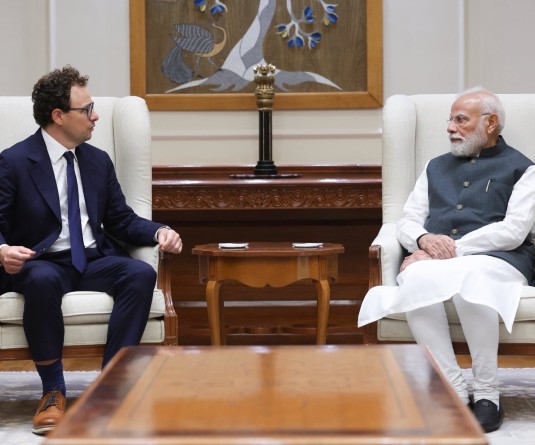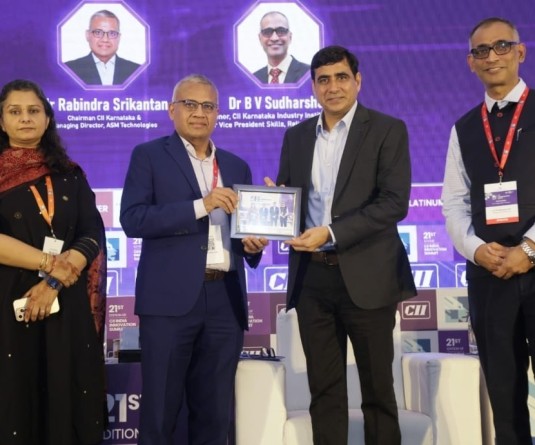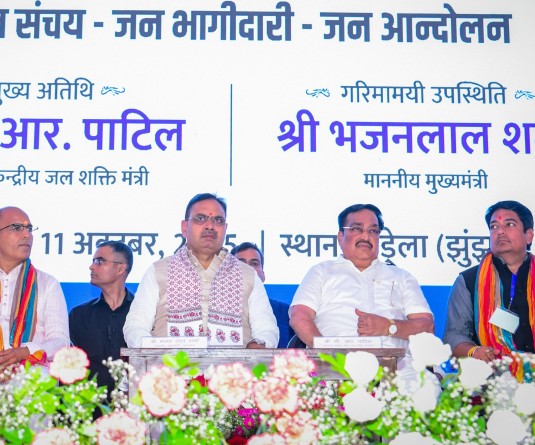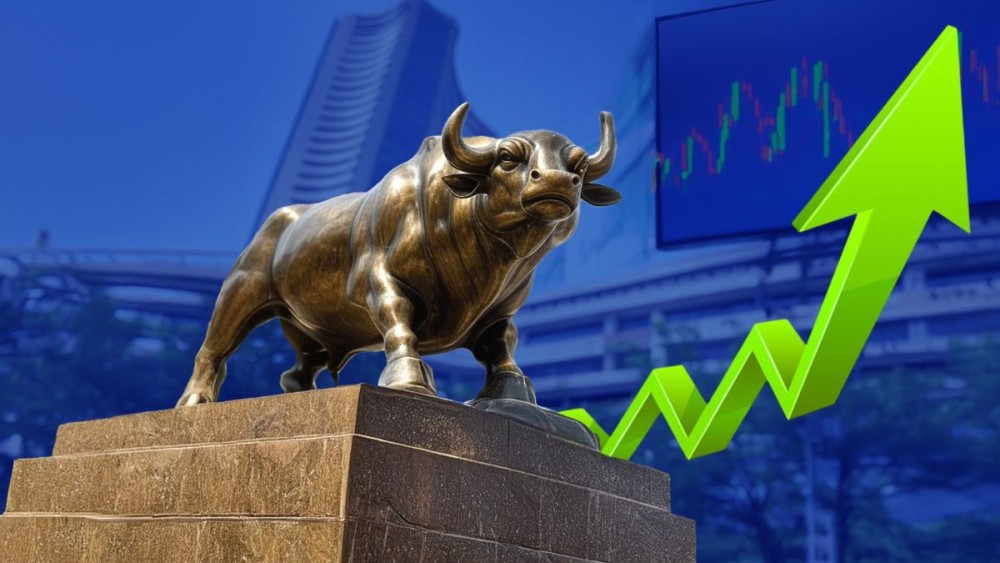(Photo: X@gipe_official)
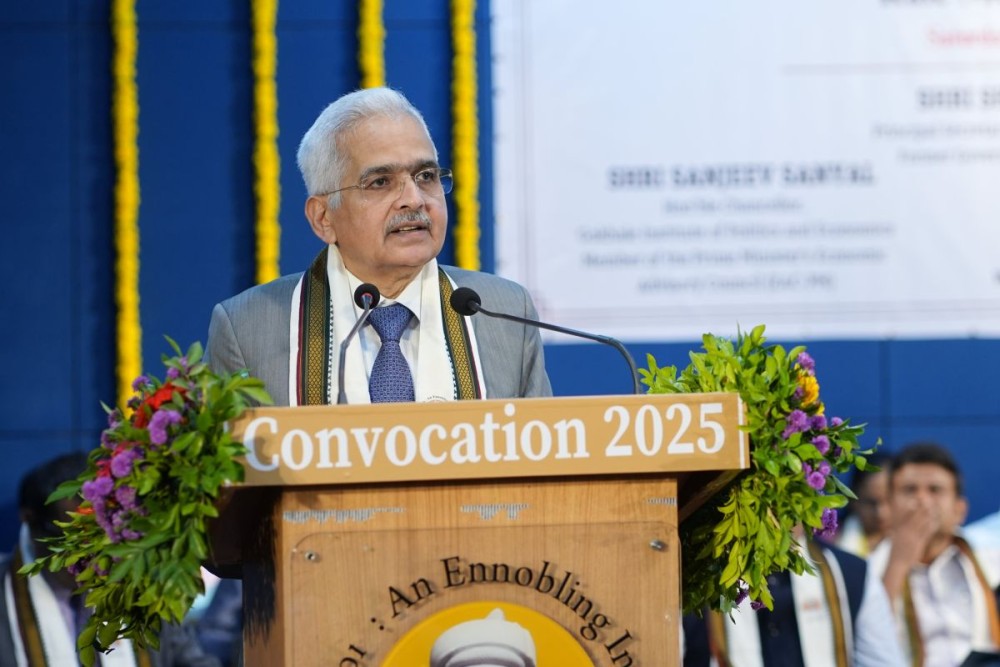
New Delhi, October 11 (IANS) Former RBI Governor Shaktikanta Das on Saturday said India is showing remarkable dynamism and resilience amid global uncertainty and a fragmented trade order.
Delivering the 85th Kale Memorial Lecture at the Gokhale Institute in Pune, he noted that long-standing globalisation norms and cost-based trade principles have been disrupted by the pandemic, geopolitical conflicts and supply chain vulnerabilities, pushing nations toward self-reliance and regional trade pacts.
He said that India, powered by structural reforms, domestic demand and prudent macro policies under Atmanirbhar Bharat, has weathered global headwinds and is set to contribute nearly one-fifth of global GDP growth.
“India has also been actively reshaping its trade engagements to align with the changing global order. India is a signatory to 14 free trade agreements (FTAs) and six preferential trade agreements (PTAs), with the UK, Australia and the UAE being the recent additions among FTAs,” Das told the gathering.
Additionally, members of European Free Trade Association – Iceland, Liechtenstein, Norway, Switzerland and India have signed a comprehensive Trade and Economic Partnership Agreement in March 2024.
At present, India is in free trade agreement negotiations with the US, the EU, Peru, Oman, New Zealand, among several others.
“The underlying priority of our trade negotiations is to secure fair and balanced agreements in the best interest of our nation and the people,” he mentioned.
Amidst such a changing global order, it would be important to focus on the robust fundamentals that impart strength to the Indian economy and the structural reforms that have strengthened these fundamentals.
“These factors have enabled India to navigate through the tumultuous world order,” Das added.
India is fast emerging as an economic powerhouse and is projected to become the fourth-largest global economy in 2025 and the third-largest in 2028, driven by domestic reforms and a strong global positioning under the vision of Atmanirbhar Bharat.
At the broad sectoral level, India’s manufacturing sector has expanded at an average pace of 5.9 per cent over the past decade, said Das.
“Measures like adoption of technology for delivery of services, FDI reforms, opening up sectors like space and mining to private sector participation and consistent emphasis on reduction of compliance burden have led to increase in capacity and efficiency of the economy,” he noted.
The higher focus on government capex, infra initiatives like the recently announced 12 industrial cities and 100 industrial parks near urban centres are increasing the efficiency of logistics and costs for the manufacturing sector, according to Das.
“A new sense of confidence is now palpable in the country. India's journey towards becoming an economic powerhouse is a testament to its inherent strength and the policy initiatives of the government,” Das mentioned.


